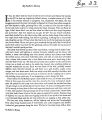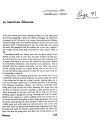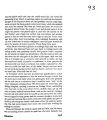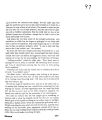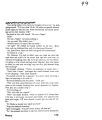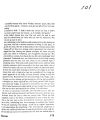| Title |
The Wild West and Other Stories |
| Creator |
Moore, Hal |
| Identifier |
Output.pdf |
| Publisher |
Digitized by J. Willard Marriott Library, University of Utah |
| Date |
1979 |
| Description |
Collection of Short Stories (2nd); Hal Moore, The Wild West and Other Stories |
| Rights Management |
Digital Image © 2010 University of Utah. All Rights Reserved. |
| Digitization Specifications |
Original scanned on Kirtas 2400 and saved as 400 ppi 8 bit grayscale jpeg. Display image generated in Kirtas Technologies OCR Manager as multiple page pdf, and uploaded into CONTENT dm. |
| Language |
eng |
| Holding Institution |
J. Willard Marriott Library, University of Utah |
| Scanning Institution |
J. Willard Marriott Library, University of Utah |
| Format |
application/pdf |
| Type |
Text |
| Scanning Technician |
Will Crissy |
| ARK |
ark:/87278/s63b8t9w |
| Setname |
dha_uac_wcm |
| ID |
134327 |
| Reference URL |
https://collections.lib.utah.edu/ark:/87278/s63b8t9w |


























